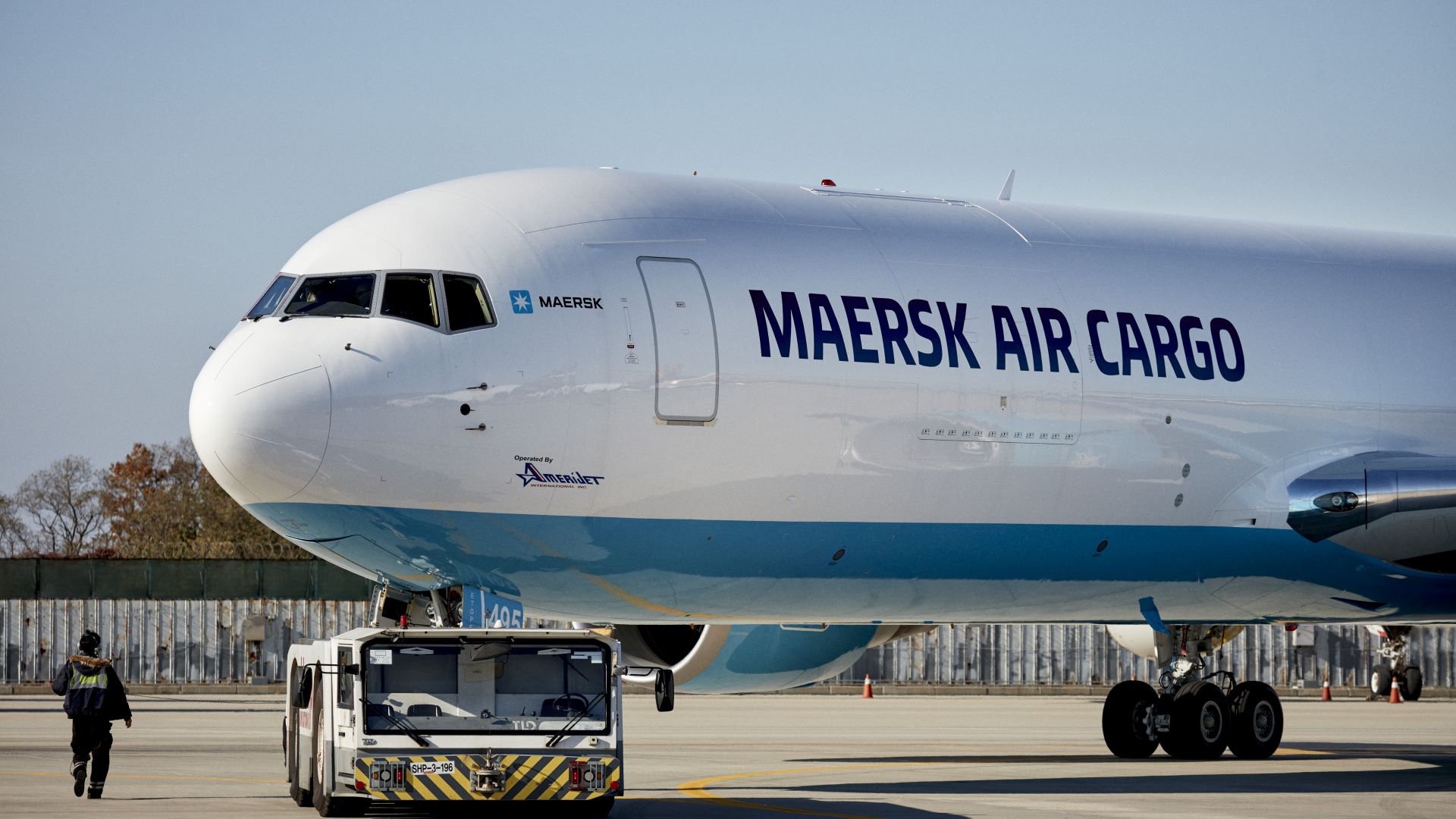
Cargo management is a crucial aspect of global trade, ensuring goods move efficiently from one place to another. But what exactly does it involve? Cargo management encompasses everything from planning and organizing shipments to tracking and delivering goods safely. It's not just about moving items; it's about optimizing routes, managing costs, and ensuring timely deliveries. Whether you're a business owner or just curious, understanding the basics can be incredibly beneficial. This blog post will highlight 11 essential facts about cargo management that will give you a clearer picture of this vital industry. Ready to learn more? Let's dive in!
Key Takeaways:
- Cargo management has a long history, dating back to ancient civilizations like the Egyptians and Phoenicians. Today, it relies heavily on technology and plays a crucial role in global trade.
- Innovations like automation and blockchain technology are transforming cargo management, making it more efficient and sustainable. These advancements are addressing challenges and improving the industry.
What is Cargo Management?
Cargo management involves the planning, execution, and control of the movement and storage of goods. It ensures that products are transported efficiently and safely from one place to another. Here are some interesting facts about cargo management.
-
Ancient Beginnings: Cargo management dates back to ancient civilizations. The Egyptians and Phoenicians were among the first to develop systems for transporting goods over long distances.
-
Modern Technology: Today, cargo management relies heavily on technology. GPS tracking, RFID tags, and automated warehouses streamline the process, making it faster and more efficient.
-
Global Trade: Cargo management is crucial for global trade. Over 90% of the world’s goods are transported by sea, making efficient cargo handling essential for the global economy.
The Role of Logistics in Cargo Management
Logistics plays a vital role in cargo management, ensuring that goods are delivered on time and in good condition. It involves coordinating various activities, from transportation to warehousing.
-
Supply Chain Integration: Effective cargo management requires seamless integration with the supply chain. This ensures that goods move smoothly from manufacturers to consumers.
-
Warehousing: Warehouses are essential for storing goods before they are transported. Modern warehouses use advanced systems to manage inventory and ensure that products are easily accessible.
-
Transportation Modes: Different modes of transportation are used in cargo management, including trucks, ships, trains, and airplanes. Each mode has its advantages and is chosen based on factors like cost, speed, and distance.
Challenges in Cargo Management
Despite advancements, cargo management faces several challenges. These challenges can impact the efficiency and cost-effectiveness of transporting goods.
-
Regulatory Compliance: Cargo management must comply with various regulations, including customs laws and safety standards. Non-compliance can result in delays and fines.
-
Security Concerns: Ensuring the security of goods during transit is a major concern. Cargo theft and damage can lead to significant financial losses.
-
Environmental Impact: The transportation of goods contributes to environmental pollution. Cargo management must find ways to reduce its carbon footprint, such as using eco-friendly transportation methods.
Innovations in Cargo Management
Innovations are transforming cargo management, making it more efficient and sustainable. These advancements are helping to address some of the challenges faced by the industry.
-
Automation: Automated systems are revolutionizing cargo management. From self-driving trucks to robotic warehouses, automation is increasing efficiency and reducing costs.
-
Blockchain Technology: Blockchain is being used to improve transparency and security in cargo management. It allows for real-time tracking of goods and ensures that all parties have access to accurate information.
Final Thoughts on Cargo Management
Cargo management is a complex yet essential part of global trade. Efficient handling, storage, and transportation of goods ensure smooth operations and satisfied customers. Technology plays a significant role, with innovations like RFID tracking and automated warehouses streamlining processes. Sustainability is also becoming a priority, with companies adopting eco-friendly practices to reduce their carbon footprint. Understanding the importance of safety regulations and proper documentation can prevent costly delays and legal issues. By staying informed about industry trends and best practices, businesses can improve their logistics operations and remain competitive. Whether you're a small business owner or part of a large corporation, mastering cargo management can lead to significant cost savings and improved efficiency. Keep these facts in mind to navigate the complexities of cargo management successfully.
Frequently Asked Questions
Was this page helpful?
Our commitment to delivering trustworthy and engaging content is at the heart of what we do. Each fact on our site is contributed by real users like you, bringing a wealth of diverse insights and information. To ensure the highest standards of accuracy and reliability, our dedicated editors meticulously review each submission. This process guarantees that the facts we share are not only fascinating but also credible. Trust in our commitment to quality and authenticity as you explore and learn with us.


